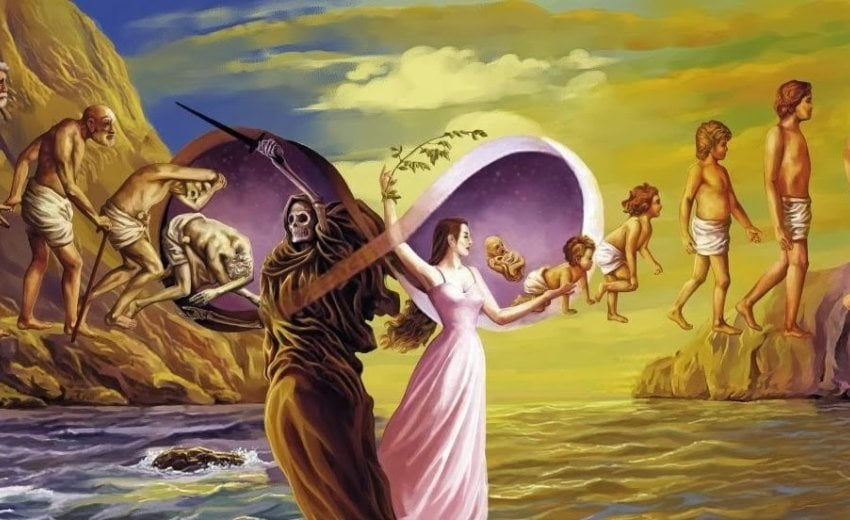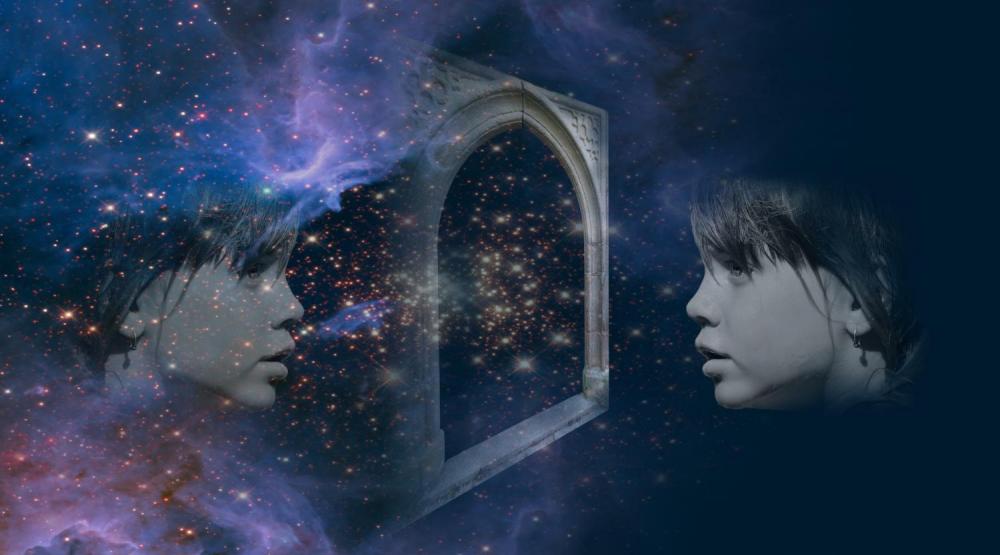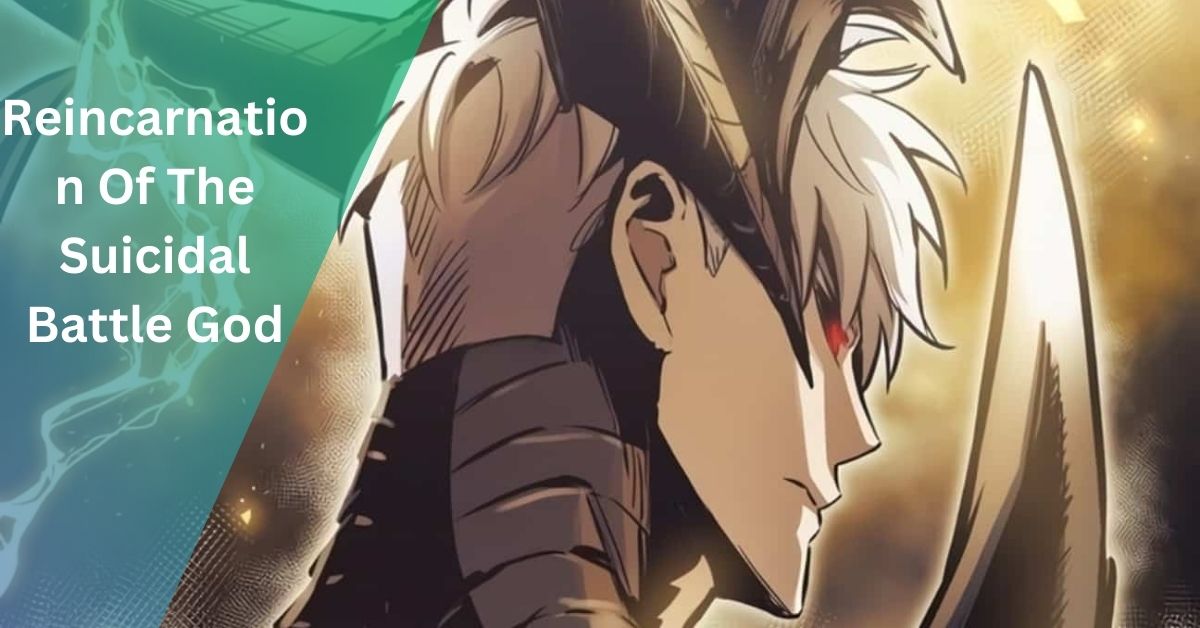Reincarnation is like a big circle of life, death, and rebirth. It’s the belief that we might return to a new body after we die. People find it interesting because it makes them think about what happens after death and if there’s more to life than just one go-around.
Discover the thrilling story of a once-suicidal battle god’s reincarnation. Join their journey filled with redemption, sacrifice, and destiny in this captivating epic.
Understanding the Reincarnation of the Suicidal Battle God – Brefily Explain!
The concept of the reincarnation of the suicidal battle god refers to the belief that a powerful deity, often associated with warfare or conflict, undergoes a cycle of death and rebirth.
In this narrative, the god willingly ends their existence through suicide or self-sacrifice, only to be reborn in a new form or identity.
It may symbolize the god’s willingness to undergo hardship or make a profound sacrifice for the greater good, whether for the protection of their followers or the preservation of cosmic order.
Additionally, the act of suicide and subsequent rebirth can represent a form of spiritual purification or transformation, allowing the deity to shed their old identity and emerge renewed or enlightened in their new incarnation.
When Does Reincarnation Occur in this Context? – You Must Know!

In the context of the reincarnation of the suicidal battle god, the timing of reincarnation varies depending on the specific mythology or religious tradition.
Generally, reincarnation occurs after the god has undergone a significant event, such as self-sacrifice or death in battle.
This intermediate stage often involves spiritual purification or reflection, where the god’s soul undergoes a process of renewal or transformation in preparation for its next incarnation.
The exact moment of reincarnation can be depicted in various ways within mythological narratives. In some stories, the god may be reborn immediately after death, symbolising a swift renewal of divine power and purpose.
Reincarnation in this context is not merely a mechanical process but carries deep symbolic significance. It often serves as a means of perpetuating the god’s influence and ensuring their continued presence in the world.
The reincarnation of the suicidal battle god often plays a central role in mythological narratives, where it may catalyze epic quests, conflicts, or the renewal of divine power.
Why is the Reincarnation of the Suicidal Battle God Significant? – Read Important Steps!

1. The symbolism of Sacrifice:
The act of suicide or self-sacrifice by the battle god represents a profound sacrifice for the greater good. This sacrificial act symbolizes the god’s willingness to endure suffering or relinquish their existence for the sake of others, highlighting themes of bravery, heroism, and selflessness.
2. Theme of Renewal:
The reincarnation aspect of the narrative signifies a cycle of renewal and rebirth. Through death and subsequent resurrection, the battle god undergoes transformation and rejuvenation, shedding old identities and emerging renewed and revitalized.
3. Continuity of Divine Presence:
The reincarnation of the battle god ensures the continuity of their divine presence and influence within the mythological or religious tradition.
Despite the god’s death, their essence endures through the cycle of reincarnation, maintaining a connection with their followers and perpetuating their divine mission or purpose.
4. Narrative Implications:
The reincarnation of the suicidal battle god often serves as a pivotal plot point within mythological narratives, driving forward epic quests, conflicts, and themes of redemption and destiny.
The god’s return from death imbues the narrative with hope, resilience, and the triumph of good over evil, inspiring believers with tales of divine intervention and heroism.
Read: King Von Autopsy Report – A Comprehensive Exploration!
How Does Reincarnation Influence Belief Systems?- Read Essential Points!

- Making Sense of Life and Death: It suggests that life doesn’t end with death but continues in a new form, offering comfort and easing fears about what happens after we die.
- Teaching Morality: Reincarnation often comes with the idea of karma, meaning our actions in this life affect our next one. This encourages people to be good and kind, hoping for a better future.
- Offering Redemption: It gives hope for second chances. People believe they can learn from past mistakes and grow spiritually over many lives.
- Giving Life Purpose: Reincarnation suggests that life is just one step in a more significant journey, helping people find meaning in their experiences and struggles.
- Fostering Empathy: Believing we’ve lived many lives can make us more understanding and compassionate toward others, seeing them as part of our shared journey.
Features of the Reincarnation Concept in Mythology and Religion!
1. Cyclical Nature:
Reincarnation is often depicted as part of a cyclical pattern of birth, death, and rebirth. This cyclical view of existence contrasts with linear concepts of time and emphasises the eternal nature of the soul’s journey.
2. Karma:
The concept of karma, or the law of cause and effect, is closely associated with reincarnation. Believers in reincarnation often view karma as determining the circumstances of one’s rebirth based on past actions and intentions.
3. Multiple Lives:

Reincarnation suggests that individuals experience multiple lives or incarnations, each contributing to their spiritual growth and evolution. This belief allows learning from past experiences and progressing towards higher consciousness or enlightenment.
4. Transmigration of the Soul:
Reincarnation involves the transmigration of the soul from one body to another. The soul is believed to retain memories, experiences, and characteristics from previous lives, shaping an individual’s identity and destiny across lifetimes.
5. Liberation or Moksha:
In some traditions, the ultimate goal of reincarnation is liberation from the cycle of rebirth, known as moksha or nirvana. Achieving liberation involves breaking free from the cycle of karma and attaining a state of spiritual purity and union with the divine.
Read: Blooket Cheats – Everything Is Here To Know!
FAQs:
1. Why is the concept of the Reincarnation of the Suicidal Battle God significant?
This concept holds significance in various mythologies and religions due to its symbolic representation of sacrifice, renewal, and divine power. It often serves as a narrative device in epic stories, driving heroism, redemption, and destiny themes.
2. How does Reincarnation influence belief systems?
Reincarnation shapes belief systems by explaining fundamental questions about life, death, morality, and the nature of existence. It offers a framework for spiritual growth, moral conduct, and a deeper understanding of the interconnectedness of all living beings.
3. What are some standard features of the Reincarnation concept in mythology and religion?
Features of reincarnation in mythology and religion include the cyclical nature of existence, karma, belief in multiple lives, the transmigration of the soul, and the ultimate goal of liberation from the cycle of rebirth.
Conclusion:
In conclusion, the “Reincarnation of the Suicidal Battle God” is a captivating concept in various mythologies and religions. It tells stories of powerful gods sacrificing themselves only to return in new forms.
Read:



